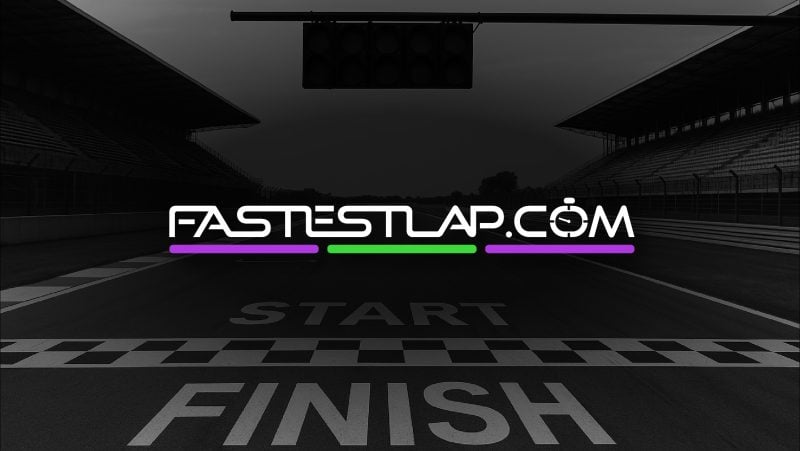FIA’s online-abuse drive is moving from awareness to action — with its first prosecution on the horizon
The FIA’s United Against Online Abuse programme, launched in 2023, is shifting up a gear. After two years of research and quiet coalition-building, the governing body says its first prosecution is close — a clear signal that the campaign is no longer just posters and panels.
Project lead Erin Bourke has heard the worst of it first-hand. She recalls a young female driver hit by sexually explicit deepfakes, sponsors spooked, and a career plan suddenly at risk. That’s the modern reality for competitors who step off the track and straight into a toxic feed. It isn’t always public either: the ugliest threats — doxxing, knives, gambling-fuelled rage — often land in private DMs.
The scope is bigger than F1, but the paddock knows the symptoms: pile-ons after contentious calls, xenophobic waves, junior drivers targeted after racing incidents. Bourke’s view is blunt: this is one of the biggest off‑track threats to athletes’ careers.
The FIA-backed barometer data for 2025 is stark:
– Half of all abuse identified is misogynistic or racist
– 75% of federations report continued threats against competitors and their families
– Half say volunteers and officials now face routine abuse
– 90% fear athletes could walk away because of it
Sports media isn’t spared. In the FIA’s journalist study, 95% say abuse is widespread, three-quarters say it’s getting nastier, and 85% admit it can chill coverage. Misogyny tops the list.
What’s changing is the response. Bourke says the FIA has built cases using open-source data and metadata to unmask “anonymous” accounts, working with legal and integrity partners. Convictions for hate speech in various jurisdictions already exist; the coalition wants sport-specific prosecutions to follow. In parallel, AI tools can be tuned to auto-hide hate in real time on athletes’ channels — racism, xenophobia, ageism, whatever the driver flags as out of bounds — protecting both the target and the wider audience.
For teams, a new organisational response model — developed with academics and experts — is due this year, offering opt-in frameworks that fit different cultures and budgets. Some in the paddock have called the initiative performative. The FIA counters with lived experience from rally to grassroots, and says support for F2/F3 groups has already pulled real stories into the room.
Platforms remain a work in progress. The FIA has engaged TikTok’s anti-hate and safeguarding units and has spoken with Meta; X runs a different playbook. Governments are coming aboard too — Georgia became the 10th to sign up — and funding is secured via the FIA Foundation through mid‑2028.
The message is simple enough. If you’re abusing athletes online, anonymity isn’t the shield you think it is. And for those on the receiving end — some of them as young as 10 — the sport’s finally starting to meet the problem at its true scale.




